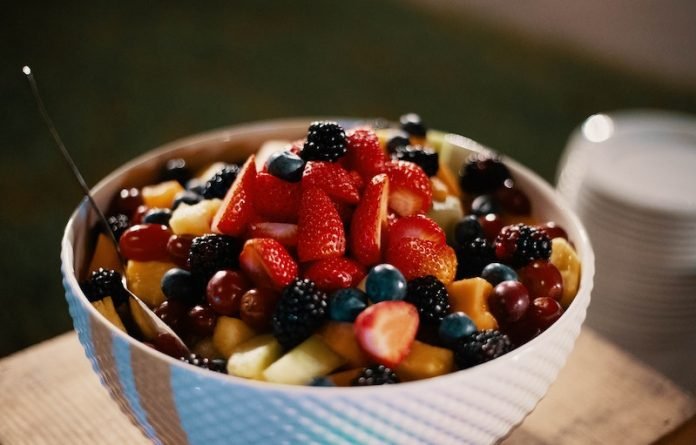
Each year, the Volumetrics plan is recommended when people look to U.S. News & World Report rankings for advice on diets to improve their health or manage their weight.
This year, Volumetrics is ranked as a top-10 diet in 10 categories, including best overall, best weight loss diets, best fast weight-loss diets, easiest to follow, best for healthy eating, best for diabetes, best heart-healthy diets, best for bone and joint health, best family-friendly diets, and best plant-based diets.
So What Is The Volumetric Diet And Why Is It One Of The Best Diets In The US?
The volumetric diet is a way of eating that focuses on consuming foods that are high in volume but low in calories.
This approach aims to help people feel full while also reducing their calorie intake, which can lead to weight loss.
The plan was developed by Barbara Rolls, Helen A. Guthrie Chair in Nutrition at Penn State.
It recommends consuming foods that are low in calorie density so that people eat a volume of food that satisfies their hunger without consuming more calories than their body needs.
The idea behind the volumetric diet is that foods with a high water content and high fiber content can help to fill the stomach and reduce hunger.
These types of foods tend to have a lower calorie density, which means they have fewer calories per gram of food.
By focusing on consuming foods that are low in calorie density, people can eat larger portions without consuming excessive calories.
Some examples of foods that are low in calorie density and therefore are encouraged on the volumetric diet include fruits and vegetables, whole grains, lean proteins, and soups.
These types of foods are high in fiber, which can help to slow down digestion and keep people feeling full for longer periods of time.
In contrast, foods that are high in fat and sugar tend to have a higher calorie density and can contribute to overeating.
These foods are discouraged on the volumetric diet, as they may cause people to consume too many calories without feeling full.
The volumetric diet does not involve counting calories or restricting certain foods. Instead, it encourages people to make healthier choices by focusing on the overall volume and nutrient content of their meals.
By including plenty of fruits, vegetables, and other low-calorie-density foods in their diet, people can still enjoy a wide variety of foods while also promoting weight loss.
Research has shown that the volumetric diet can be an effective approach to weight loss.
A 2007 study found that people who followed a volumetric diet for 12 months lost more weight than those who followed a traditional low-fat diet.
Participants in the volumetric diet group also reported feeling less hungry and more satisfied after meals.
In addition to promoting weight loss, the volumetric diet may also offer other health benefits.
Because the diet encourages the consumption of nutrient-rich foods like fruits and vegetables, it may help to reduce the risk of chronic diseases such as heart disease and diabetes.
Overall, the volumetric diet is a healthy and sustainable approach to weight loss that focuses on eating foods that are high in volume and low in calories.
By including plenty of fruits, vegetables, and other healthy foods in their diet, people can still enjoy delicious meals while also achieving their weight loss goals.
Penn State researchers emphasize the importance of repeated, daily food choices.
Many beverage options are available and that people could try to identify a low-calorie drink that they enjoy if they frequently consume high-calorie beverages.
Similarly, researchers recommend the use of low-calorie condiments; for example, spicy mustard could be used in lieu of mayonnaise on sandwiches.
They encourage anyone who is interested in healthier eating to begin by reflecting on potential changes in their current diet, though not in a restrictive way.
If you care about weight management, please read studies about diets that could boost your gut health and weight loss, and 10 small changes you can make today to prevent weight gain.
For more information about weight loss, please read studies that avocado could help you lose weight and belly fat, and a keto diet for weight loss can cause flu-like symptoms.
Copyright © 2023 Knowridge Science Report. All rights reserved.



